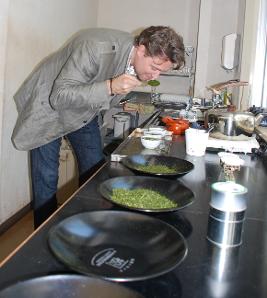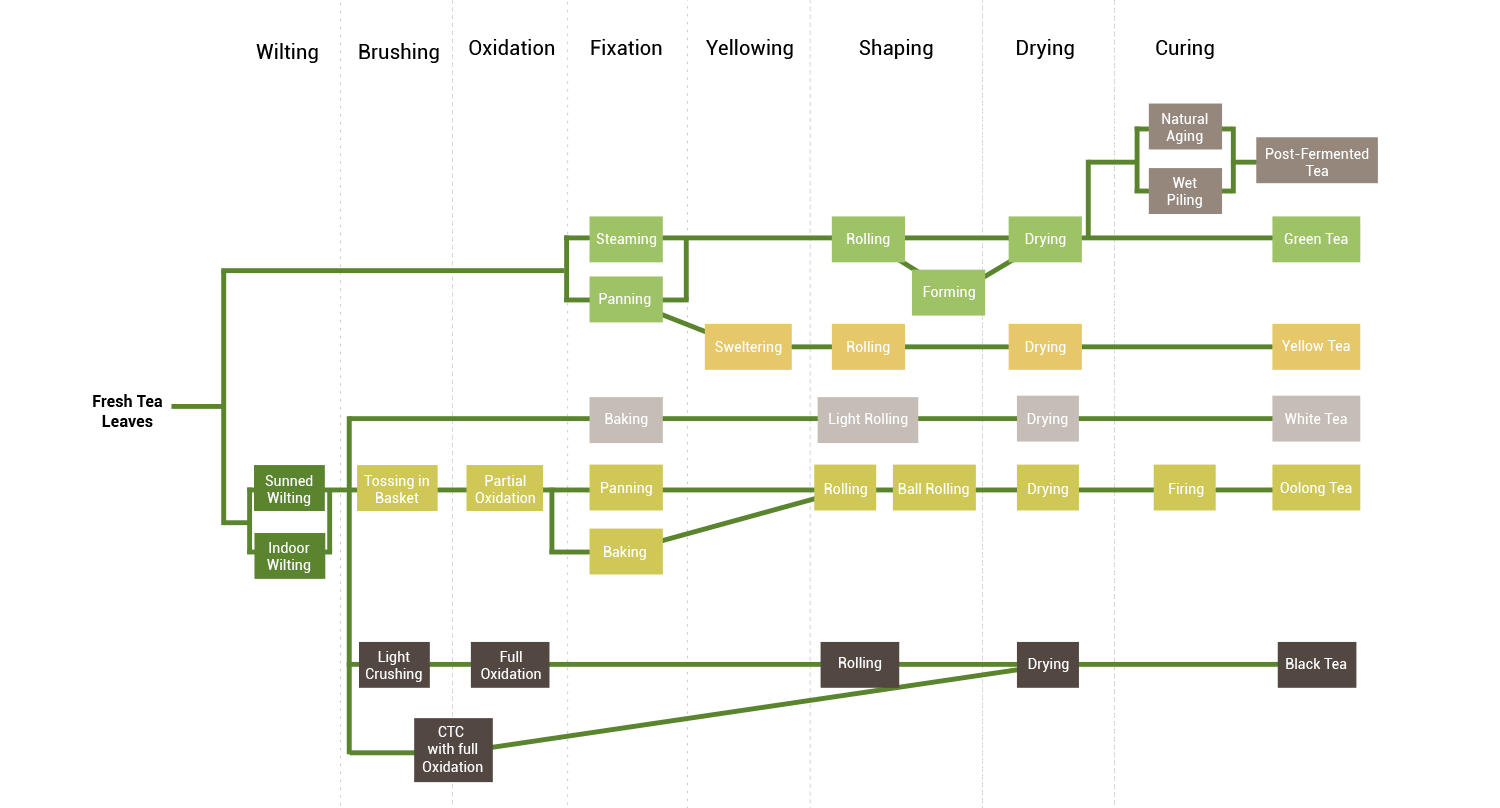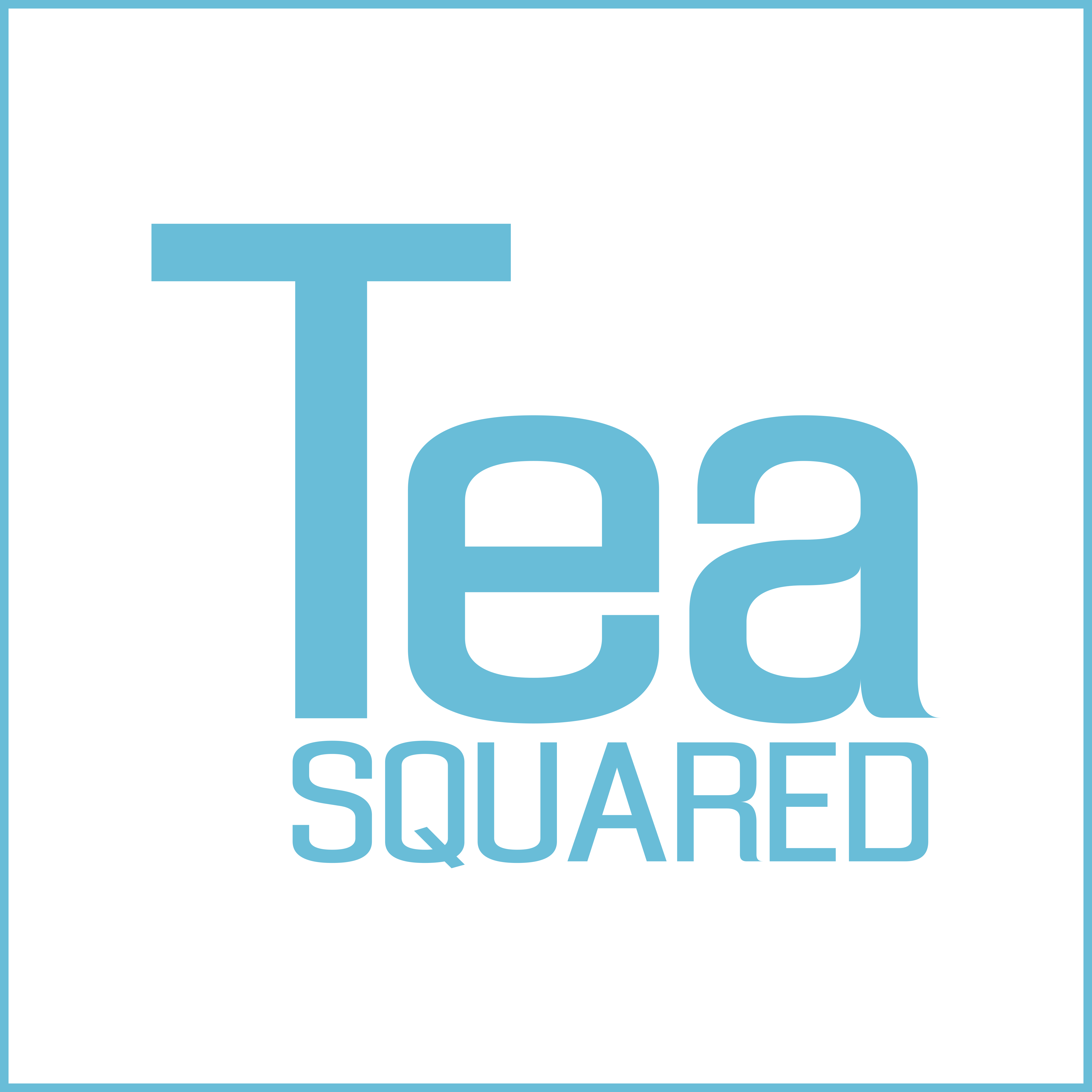India is the world’s largest tea-drinking nation although the per capita consumption of tea remains a modest 750 grams per person every year.
Turkey with 2.5 kg of tea consumed per person per year, is the world’s greatest per capita consumer.
In 2003, world tea production was 3.21 million tonnes annually. In 2010, world tea production reached over 4.52 million tonnes. The largest producers of tea are the People’s Republic of China, India, Kenya, Sri Lanka and Turkey.
Workers who pick and pack tea on plantations in developing countries can face harsh working conditions and can earn below the living wage. A number of bodies independently certify the production of tea. Tea from certified estates can be sold with a certification label on the pack. The most important certification schemes are ETP,n Rainforest Alliance, Fairtrade, UTZ certified, and Organic. All these schemes certify other crops (such as coffee, cocoa and fruit), as well.
In 1907, American tea merchant Thomas Sullivan began distributing samples of his tea in small bags of Chinese silk with a drawstring. Consumers noticed they could simply leave the tea in the bag and reuse it with fresh tea. However, the potential of this distribution/packaging method would not be fully realized until later on. During Word War II, tea was rationed in the United Kingdom. In 1953 (after rationing in the UK ended), Tetley launched the tea bag in the UK and it was an immediate success.
 Its consumption equals all other manufactured drinks in the world – including coffee, chocolate, soft drinks, and alcohol – put together. Most tea consumed outside East Asia is produced on large plantations in the hilly regions of India and Sri Lanka, and is destined to be sold to large businesses. Opposite this large-scale industrial production are many small “gardens,” sometimes minuscule plantations that produce highly sought-after teas prized by gourmets. These teas are both rare and expensive, and can be compared to some of the most expensive wines in this respect.
Its consumption equals all other manufactured drinks in the world – including coffee, chocolate, soft drinks, and alcohol – put together. Most tea consumed outside East Asia is produced on large plantations in the hilly regions of India and Sri Lanka, and is destined to be sold to large businesses. Opposite this large-scale industrial production are many small “gardens,” sometimes minuscule plantations that produce highly sought-after teas prized by gourmets. These teas are both rare and expensive, and can be compared to some of the most expensive wines in this respect.
